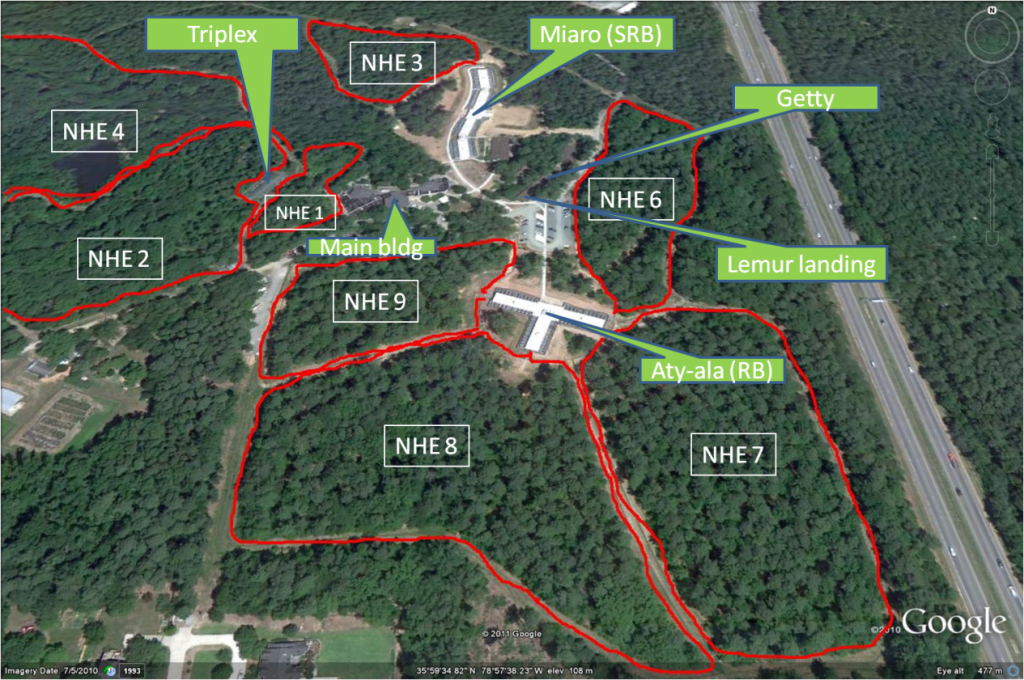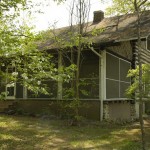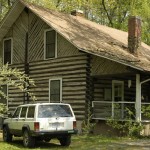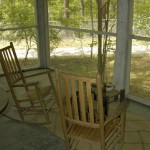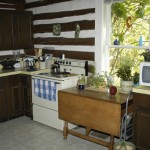Lemur housing
Our diurnal lemurs are housed in a variety of ways at various times of the year, depending on the species, the weather, and the specific individuals in question. This housing allows us to both provide an enriching environment for our animals and to facilitate research that can be carried out directly in the animal enclosures.
All of our lemurs live in enclosures with indoor/outdoor access. Each group has access to multiple enclosures. For example, a group of four lemurs will have access to four connecting indoor areas with four connecting outdoor yards. Thus they are set up for research trials that require access to any animal singly or any combination of animals from that group as they can be easily temporarily shifted to accommodate the needs of the researchers.
During the warm months of the year (typically mid-April to mid-October), approximately half of our diurnal lemurs also have access to free-range enclosures (called NHEs or “Natural Habitat Enclosures”) ranging in size from 1.6 to 14.3 acres. Most of these enclosures contain multiple species and are ideal for observational studies that focus on more naturalistic behaviors.
Our nocturnal lemurs are housed indoors and may be set up in either single-species enclosures or mixed-species free ranging rooms. All are on a reverse light cycle so that they are active (with lights out) during the day while DLC staff members are able to feed and enrich them and researchers are able to observe them. In order to minimally disrupt their sleep cycles, any research conducted on the nocturnal animals must be conducted during their wake cycle under nocturnal lighting (low, red lights).
Research room
Projects requiring more elaborate equipment set-up can be conducted in a designated research area, where researchers prepare for data collection and an animal is brought from its enclosure into the room for the duration of the trial. Our Research Rooms are able to accommodate either diurnal or nocturnal animals. Any trials conducted outside of an animal’s regular enclosure must be conducted in the presence of a DLC staff member to ensure safety and well-being of the animal outside of its regular environment. If an animal is not motivated to participate in the trial or appears stressed, (s)he will be returned immediately to its home enclosure.
Laboratory space
Laboratory space, including access to fume hoods, microscopes, centrifuges, etc., is located in multiple buildings on site. This space can be used for data collection or analysis, equipment storage, or sample processing. The DLC is outfitted with wireless internet access in all main areas of the center.
Cabin (human housing)
For a nominal fee, the DLC is able to provide limited housing to visiting researchers in an historic 100-year-old cabin located on site. The cabin has four bedrooms and a common kitchen, bathroom, and living areas. Heat, A/C, hot water, and laundry facilities are included, and the kitchen is stocked with pots, pans, plates, utensils, small appliances, etc. The DLC does not provide food or bed/bath linens. We unfortunately cannot allow children or pets to stay in the cabin. Please contact the Director of Research (Dr. Erin Ehmke, erin.ehmke@duke.edu) for cabin availability and to request a reservation.

